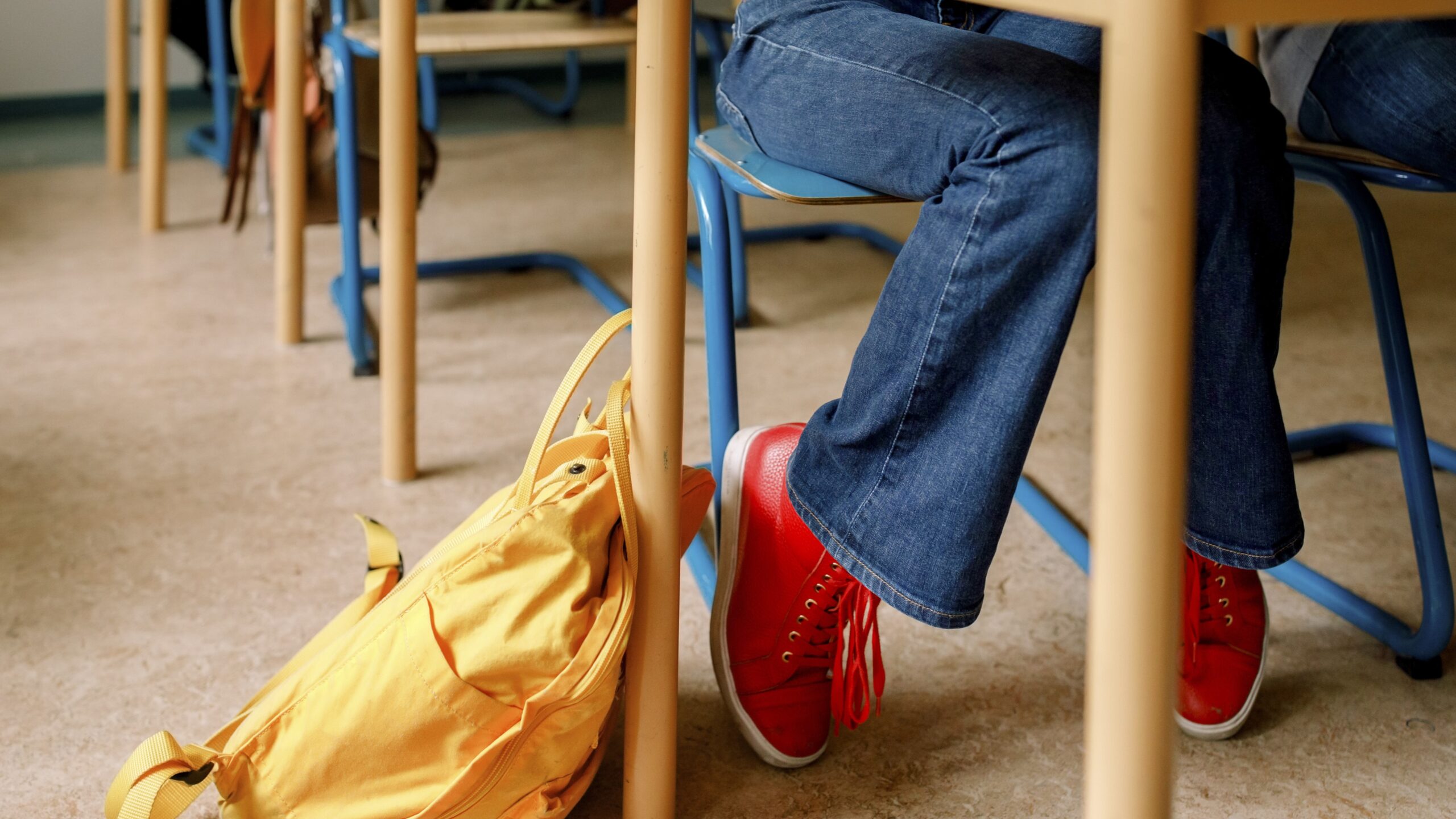Tips for ADHD Families on Surviving Middle School

My middle school years were extremely stressful due to higher academic standards, new hobbies and extra-curricular activities, a broader and daunting social environment, physical and hormonal shifts, and the need to understand my developing identity. Furthermore, having undiagnosed ADHD resulted in executive dysfunction, impulsivity, distraction, heightened emotional sensitivity, and hyperfocus. It's no surprise that I did not have a pleasant middle school experience.
Another aspect that made things even harder was that I was new to the town. I knew only one person at my new school, who, unfortunately, distanced himself from me due to my ADHD-induced infatuation with Treasure Trolls, a popular doll franchise in the ‘90s. Having a bag covered with images of these dolls deemed me socially undesirable, hence leading to a severe rejection sensitive dysphoria reaction.
Despite some of my teachers demonstrating reasonable expectations and apparent concern, being an undiagnosed student, the feedback I received when I misplaced a textbook, forgot an assignment, scribbled on a desk, or impulsively left my chair was quite harsh. Reprimanded to clean every surface in the science lab by a stern teacher, I deeply respected, brought me immense shame and self-repulsion.
But now, as a parent of a middle school student with ADHD, my own memories of middle school awkwardness and challenges return. However, I am utilising these experiences to ensure my child transitions to this new academic phase with minimal stress. Here are some measures that have been beneficial for him – and for us – so far:
1. Enhancing existing friendships. My son managed to cement some lovely friendships during his fourth and fifth grades. We made an effort to spend time with them outside of school and during the summer before sixth grade, which helped strengthen these relationships before he stepped into middle school.
2. Participate in extracurricular activities and interests. My son joined his new school’s swim team and plays the trombone in the sixth-grade band. He was able to take part in activities he enjoys, meet others who share his interests, and navigate in a school larger than his previous one. His chosen activities also happen to aid in managing his emotions and obsessive behaviours.
3. Establish habits and routines. Despite our efforts to prepare for middle school, there have been issues. Initially, he’d often remember assignments due the next day only on Sunday nights. His teachers no longer required him to maintain a class agenda, which posed problems. To counter this, we got him a paper planner, encouraged him to list his assignments. I also began checking his agenda daily for the first two weeks and signed each entry, just like his teachers did in elementary school. Now, he can manage his assignments independently and has realised that having a routine is beneficial for those with ADHD.
4. Encounter some challenges independently. Middle school is about finding tools and strategies that work and encouraging kids to use them independently. Striking a balance between guiding our pre-teens and letting them be responsible for their school experience is challenging. We can’t let them struggle desperately, but it's healthy to let them face some challenges independently. It’s not just important, but necessary.
5. Be patient and give yourself grace. At the end of a long day away from us, my son (and all middle schoolers) need a safe space to decompress, express their emotions, engage in their interests, and… play! Our kids are now pre-teens who have body hair, wear deodorant, and will soon be taller than their moms, but they’re still kids — and they need our patience and understanding during this critical juncture in their young lives.
CELEBRATING 25 YEARS OF ADDITUDE Since 1998, ADDitude has worked to provide ADHD education and guidance through webinars, newsletters, community engagement, and its groundbreaking magazine. To support ADDitude’s mission, please consider subscribing. Your readership and support help make our content and outreach possible. Thank you.




